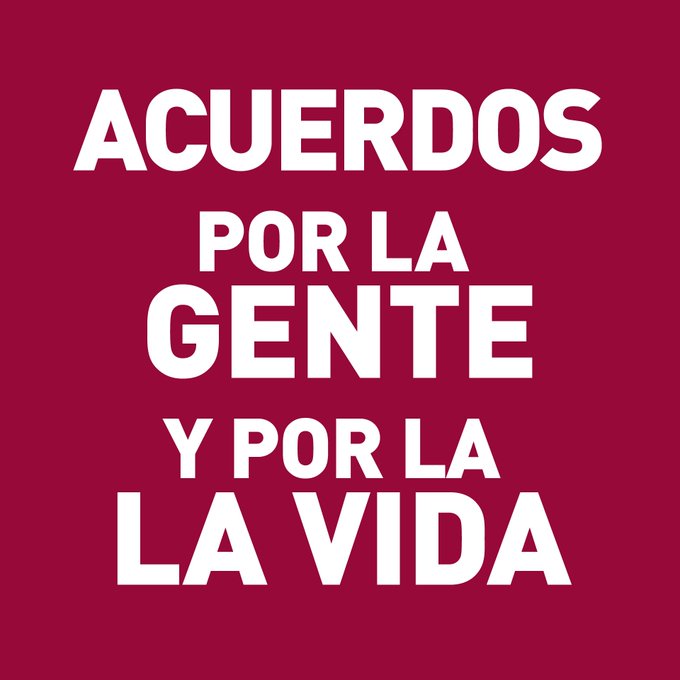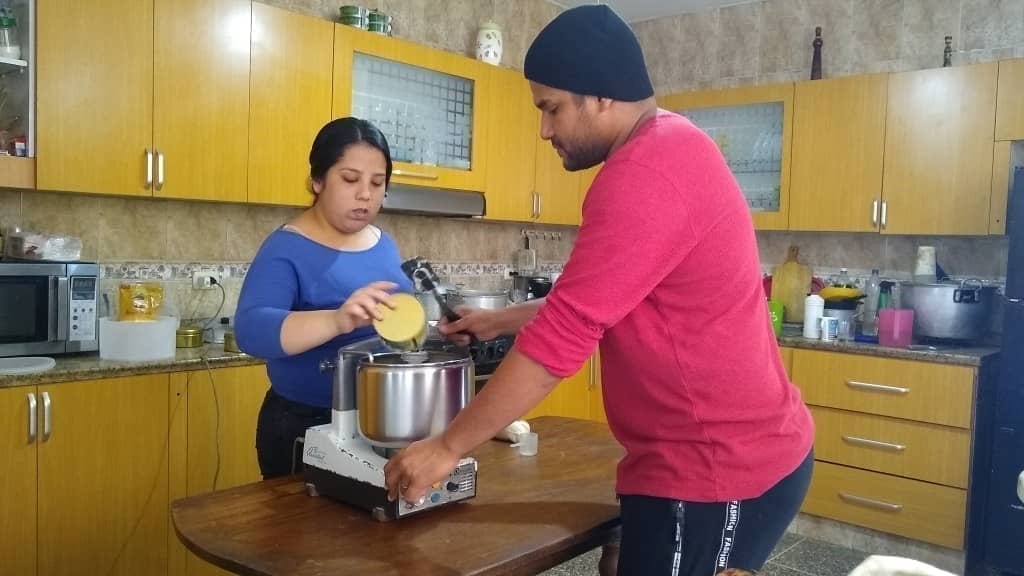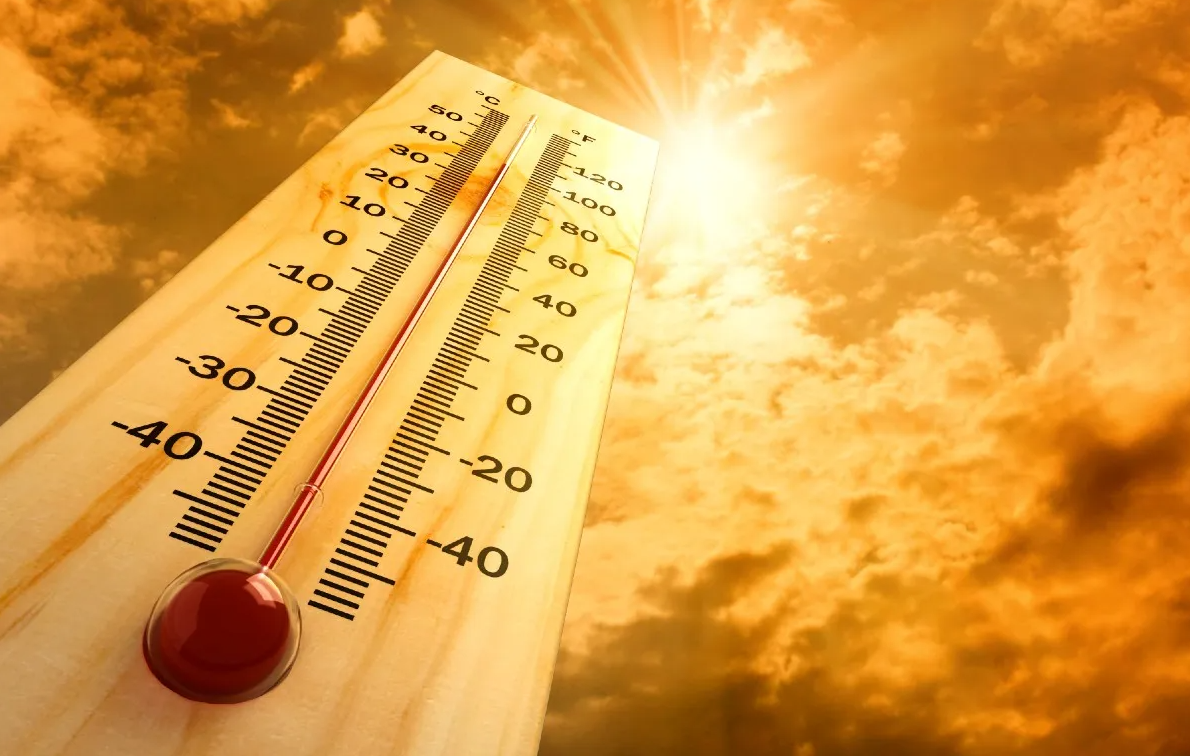Coronavirus could be Trump’s downfall – but another bullying leader reminiscent of Trump won election after election
Donald Trump’s handling of coronavirus appears to be not so much a car wreck as a multiple pile-up, one vehicle slamming into another in a mound of twisted metal.
First denial and complacency that left hospitals and laboratories unprepared, then shouting matches with governors and the media, then peddling a dodgy remedy and conspiracy theories, and now scapegoating the World Health Organization. With November’s election approaching, Covid-19 may end up engraved on Trump’s political tombstone.
Or not. I’ve seen a version of this movie before and at the end the president wins. His name was Hugo Chavez.
Venezuela’s mercurial leader died in 2013 but set a template that Trump has successfully followed since running for the Republican nomination in 2016.
Bluster, distraction, polarisation and patronage go a long way when fused with shrewd electoral calculation. It put Trump in the White House and could give him another term. Little matter if the path is strewn with policy fiascos.
During his 14-year rule, Chavez presided over economic dysfunction, managerial chaos and creeping authoritarianism. He died before Venezuela’s economic collapse but left the country hollowed and riven by violent crime so frightening people stayed indoors at night, a de facto lockdown.
He also picked fights with state governors, the media and multinational organisations, propagated conspiracy theories – Nasa faked the moon landings, the CIA infected leftwing leaders with cancer – and proclaimed a “miracle” cure for his own terminal illness. He won election after election.
It helped that he was able to bully opponents, abuse electoral rules, exploit state patronage and harness sycophantic TV channels, with Mario Silva, presenter of a show called the Razorblade, acting as his Sean Hannity.
Comparisons with the US have limits. There are obvious differences between a rich superpower with strong institutions and separation of powers and Venezuela, a rickety petro-state long subject to caudillos. And this is a unique time: coronavirus has turned the world upside down.
Amid such flux Joe Biden may well win in November. But Trump is sticking with a playbook that has served him well.
In a June 2016 article I noted that in the extemporized mix of bombast, menace and bawdy humor, the symbiotic relationship with crowds, the articulation of long-repressed grievances, Trump channeled Venezuela’s late comandante.
They were ideological opposites – Chavez was a socialist, prioritised the poor, and revered Fidel Castro – but as media-savvy populists they worked the same pitch: the avenging outsider out to overturn a rotten system and make their nation great again. Each calculated, correctly, that electoral arithmetic made polarisation a winning strategy.
They deployed humor, insults and vulgarity to rupture protocol and connect with supporters on a gut level. Chávez branded opponents “assholes”, Trump called them “pussies”. Chávez leered at a camera to tell his then wife, “Marisabel, you’re going to get yours tonight”. Trump bragged about penis size.
There was genius to it. Suck up the oxygen and leave rivals gasping for air. Thunder and dazzle, shock and provoke. Dominate.
Four years later Trump is the incumbent with a record to defend, but like Chávez he still plays the insurgent, the people’s champion who is beset by nefarious forces (deep state, oligarchs, saboteurs, leakers) and must hit back to defend himself and, by extension, the popular will.
“When somebody is the president of the United States, the authority is total,” Trump said last week. Chávez was equally blunt: “I am not an individual, I am the people. It’s my duty to demand respect for the people.”
I wondered in 2016 if Trump would be as deft as Chávez in consolidating power and turning crises to his advantage. Mostly, he has.
He has appointed close to 200 federal judges, moulded the GOP in his image, subverted government agencies and hijacked investigations. He has admitted that voter suppression benefits Republicans and shrugged off the outcry. He ordered his name be printed on federal cheques to be sent to millions of Americans: chavismo 101.
Trump lacks Chávez’s discipline. In speeches and press conferences the comandante would zig-zag from economic policy to tirades about opponents, reminiscences about his army days, praise for his daughter, an anecdote about foreign leaders and back to economic policy. He was narcissistic and prolix, speaking up to seven, eight, nine hours straight.
But he avoided certain topics, notably crime, a violent pandemic his administration failed to tame. So he kept shtum. Morgues would fill, and he’d say nothing. He refused to own the problem. It worked: the poor, who suffered most from crime, blamed thugs, police, mayors or governors but seldom Chávez.
Trump in contrast cannot resist taking centre stage in the coronavirus drama. Armageddon – tremendous ratings. The risk is that his bungling will create a backlash, that policy flip-flops and wild, contradictory statements will, for once, alienate supporters.
Don’t count on it. The playbook is versatile.
You see it during the White House press briefings. Journalists ask questions, Trump riffs, they interrupt, he rants, they interrupt again, voices swell, insults zing, it’s a circus. Holding the president to account is vital and legitimate.
But some of the reporting is tinged with glee: he’s an idiot, we always said he was an idiot, here’s the proof. “A manic, gibbering, squint-eyed ragefest by America’s worst president,” Rick Wilson wrote in the Daily Beast.
But many people see something else: a leader doing his best being badgered by show-off journalists.
Chávez mastered the art of baiting the media. Even after building a state propaganda apparatus and cowing private outlets – some of which had backed a 2002 coup against him – he picked fights with journalists to reinforce the narrative of elites out to get him.
Incumbency bestows another advantage: critics can come to resemble Cassandras. Just as the president racks up a record, good or bad, his foes rack up predictions, some of which date poorly.
Chávez enjoyed reciting warnings that he was or would become a communist dictator. In fact there was a petro-dollar-fuelled consumer boom for much of his rule.
Elect Trump, it was said in 2016, and he would blow up the economy, democracy, Nato, North Korea and possibly apple pie. Four years later the damage wrought by Trump on ordinary lives, environmental standards and US values is indeed immense.
But he did not start wars, lock up Hillary Clinton or make everyone burn coal. The sky did not fall. Until coronavirus the economy hummed and Trump became, if not normalised, at least familiar. Many people who hesitated to vote for him because he was so outlandish, so risky, may feel emboldened to back him this time.
In Venezuela they were called ni-nis, voters who were neither for Chavez nor for the opposition, who floated in the middle until election day and then voted with their pocketbook. The comandante, a pragmatist more than a socialist, knew how to get them onside.
In battleground states in November it will be the turn of his US apprentice.
Rory Carroll was based in Venezuela as the Guardian’s Latin America correspondent from 2006 to 2012. He is the author of Comandante: Hugo Chavez’s Venezuela




